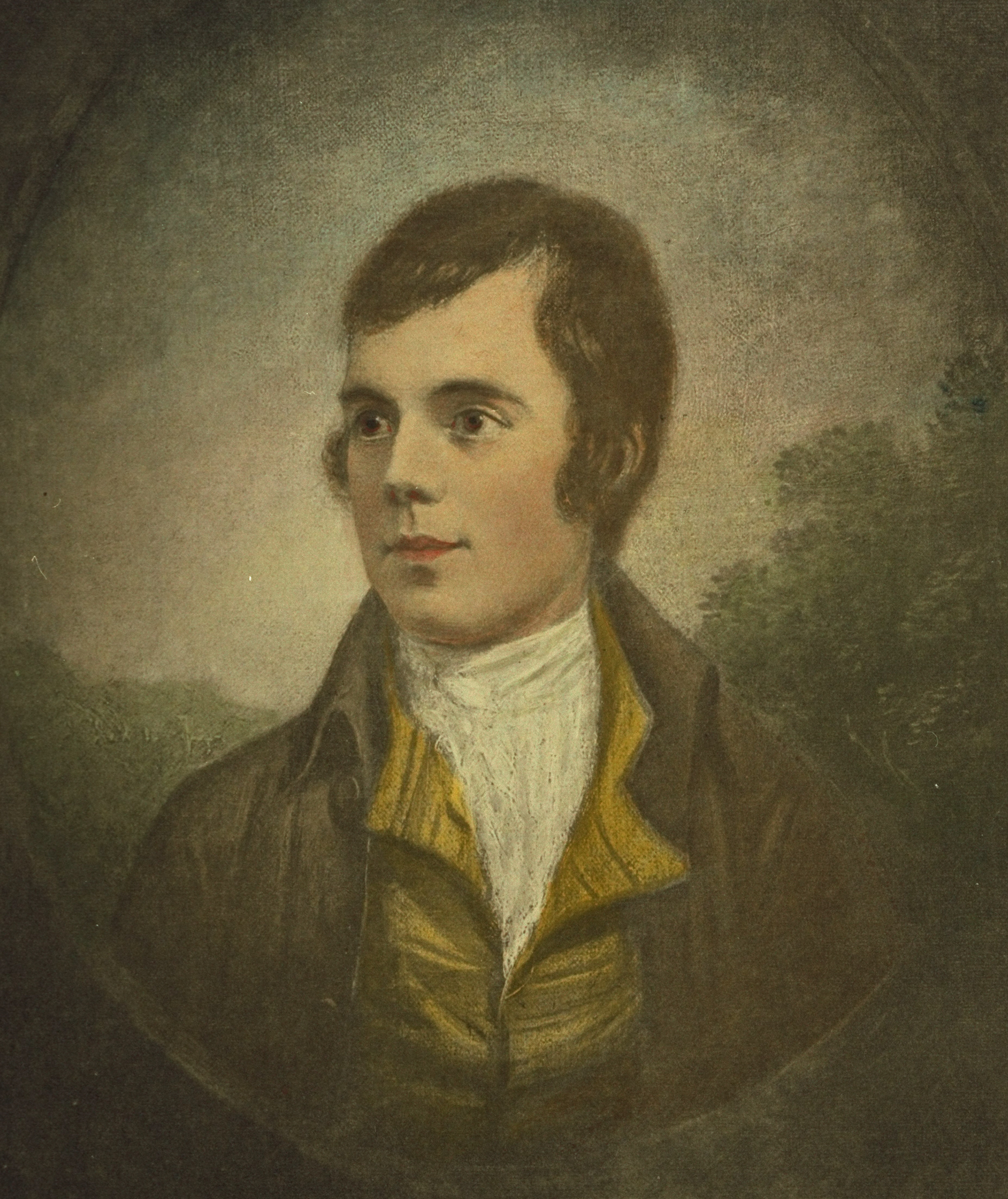Red, Red Rose, A, is a famous lyric by the Scottish poet Robert Burns. It is also known by its first line, “O, My luve’s like a red, red rose.” It was published in the collection The Scots Musical Museum (1787-1803). Burns, already a successful poet, gathered together more than 200 Scottish songs for the collection, revising some songs and writing others himself. All are written in Scots, a dialect of English spoken in the Lowlands of Scotland.

“A Red, Red Rose” is a love song in four verses, based on fragments of old Scots songs. It compares the speaker’s love (“luve”) to a new rose and a tuneful melody, and it swears eternal devotion. Examples of Scots dialect include “bonie” (or “bonnie”) for “pretty,” “gang” for “go,” and “weel” for “well.”
O, my luve’s like a red, red rose That’s newly sprung in June: O, my luve’s like the melodie That’s sweetly play’d in tune. As fair art thou, my bonie lass, So deep in luve am I: And I will luve thee still, my dear, Till a’ the seas gang dry. Till a’ the seas gang dry, my dear, And the rocks melt wi’ the sun: And I will luve thee still, my dear, While the sands o’ life shall run. And fare thee weel, my only luve! And fare thee weel a while! And I will come again, my luve! Tho’ it were ten thousand mile.
Like many songs of this type, Burns’s lyric uses a lilting iambic meter. An iambic meter consists of alternating stressed and unstressed syllables. Gentle rhymes and the use of repetition, both of single words and of phrases, contribute to the poem’s songlike qualities. The use of exaggeration to express the speaker’s love is also typical of the ancient folk songs Burns drew on. The speaker says, for example, that he will love his beloved until the seas run dry. The ultimate effect, however, is of charming devotion and sincerity.
Robert Burns died at the early age of 37, but he had a huge influence on Scottish and English literature. He wrote easily in English as well as Scots. His attention to the older dialects and traditions of Scotland helped his country regain a sense of national identity and pride. Although his work also included social satire and narrative verse, Burns is best remembered for his songs. They have a warmth and vitality that give them universal appeal. In Scotland, Burns is still remembered every January 25, his birthday, with celebrations that mark his enduring status as Scotland’s national poet.
For more information on Burns, see Burns, Robert. See also English literature (The Preromantics); Poetry (Rhythm and meter).
